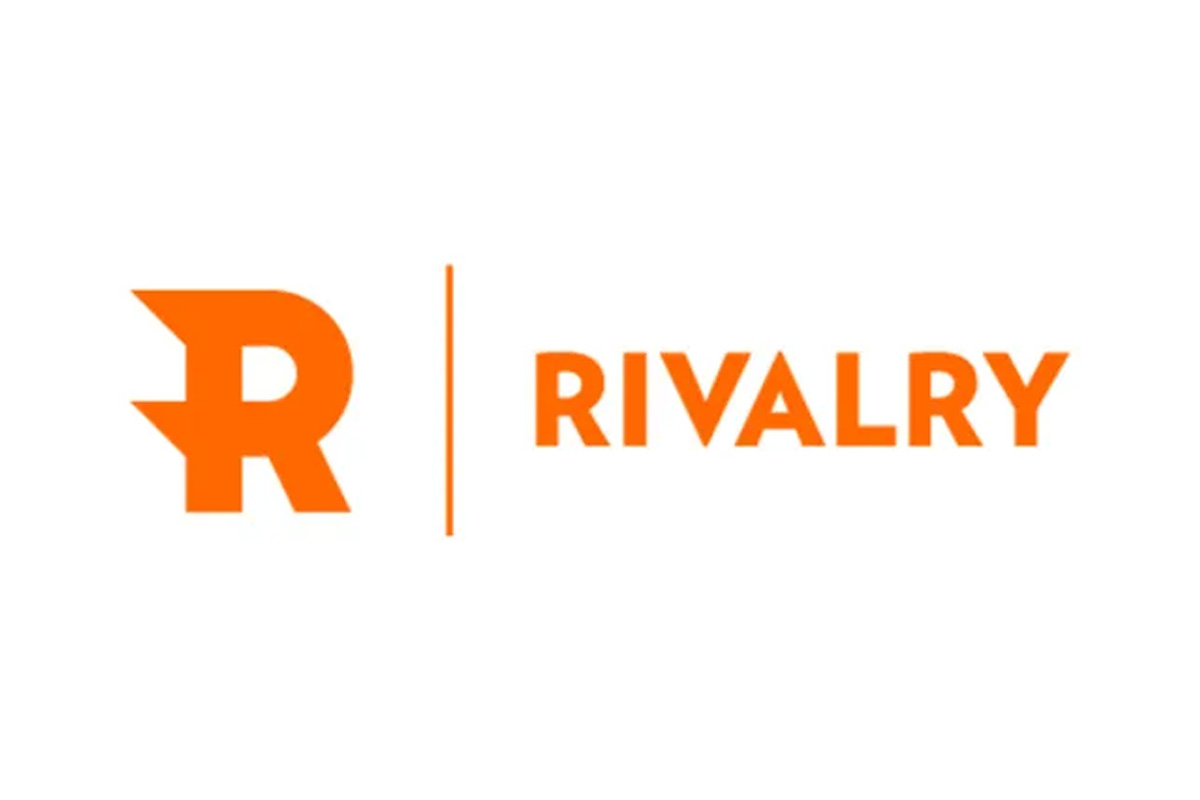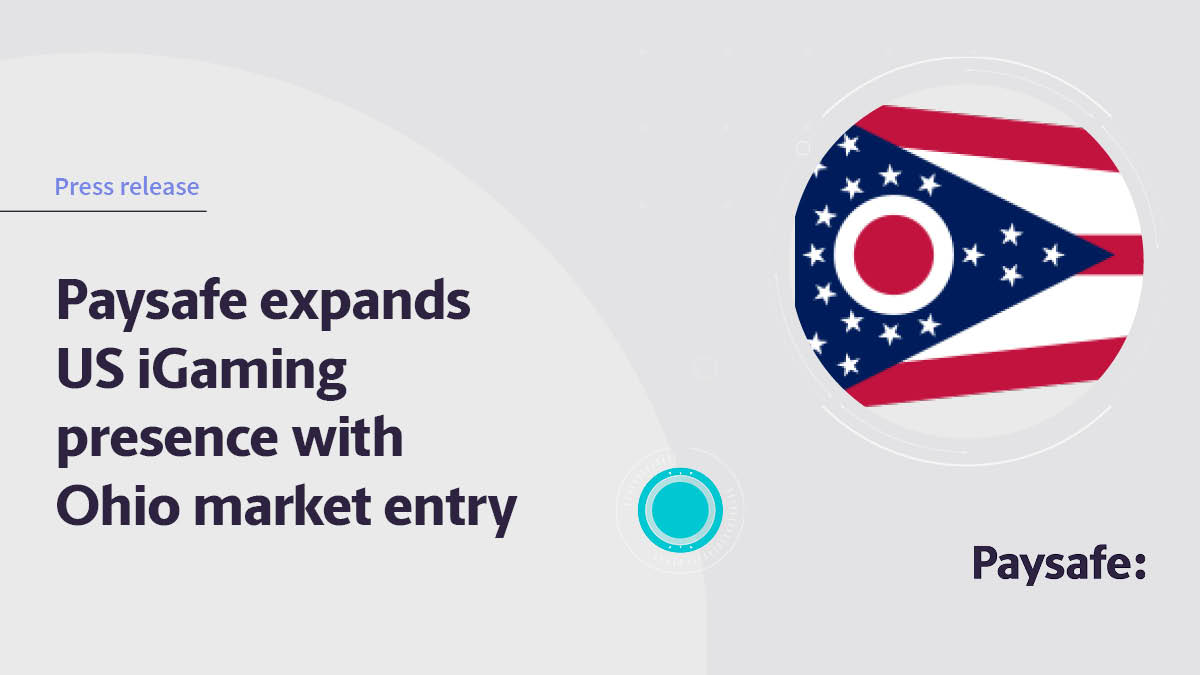
Liberalization of Finnish Gambling Market Soon A Reality
Foreign gambling companies are now preparing with greater confidence for the liberalization of the Finnish gambling market. A new coalition that is supposed to be lobbying for the liberalization includes seven foreign gambling companies with strong digital businesses in Europe and around the world.
The recently launched Gambling Industry Association’s purpose is to promote the introduction of a responsible and sustainable licensing system in the Finnish gaming market.
The founding members are the following gambling companies: Betsson, ComeOn Group, LeoVegas, Kindred Group, William Hill, Entain and Flutter.
According to the Helsingin Sanomat article, Kuismanen, who was elected CEO of the Gambling Industry Association, is currently working as Chief Economist of the Finnish Entrepreneurs. He will start his new job as early as mid-January 2023. Prior to that, Kuismanen has worked at the European Central Bank and the Ministry of Finance.
What will his role be then? Kuismanen will promote the views of the companies he represents at a time when the new Finnish government is most likely to consider dismantling the Veikkaus monopoly system. In the future, the gaming license system could therefore also be a reality in this Nordic country, that until now has relied on a monopoly.
In a press release from the Finnish Gaming Industry Association, Kuismanen says that Finland needs a reliable licensing system that operates according to common rules and legislation.
Veikkaus Has Already Shown Green Light
Veikkaus, the Finnish gambling monopoly, itself has already taken the view that the monopoly could be at least partially dismantled. You can read more here. Veikkaus’ own view therefore supports the licensing model. This is easy to understand, given that the company’s share of the total market has fallen to 50%. That is a huge amount of money that is constantly flowing abroad.
The licensing model is an excellent common sense solution for Finland, as foreign gambling companies would then have to obtain a separate license for their operations in Finland. This means that taxes would be paid in Finland, but at the same time the company would be able to market itself visibly and would have to operate under the supervision of the authorities.
If the reforms are adopted and the Finnish gambling market becomes open, all physical gaming machines and, for example, the lottery would remain the exclusive property of Veikkaus. Betting and other digital games, on the other hand, would be made available to players by dozens of different companies.
What Does This All Mean?
Reforms to gambling laws are more than welcome in Finland. The system is exceptionally outdated by European and even global standards and no longer reflects today’s notion of a market economy.
Majority of Finnish gaming professionals have long hoped that the gambling market would be liberalized in Finland too. At the moment, half of all money gambled is already going directly to foreign gambling companies. After reform, Finland would receive considerably more tax revenue than it does at present, and the casinos could also be regulated in the way the government wants.
Veikkaus Expanding Its Business Opportunities: Fennica Gaming
Veikkaus was given the opportunity to expand its business from B2C betting and gaming in the domestic market in Finland with the introduction of the Lotteries Act earlier this year. Indeed, a new Lotteries Act was passed in Finland in 2021, which therefore enabled Veikkaus to expand this new business and launch international B2B operations. Not many citizens knew anything about this and a Veikkaus subsidiary was quietly set up.
The new division of the Finnish state-backed betting monopoly will offer international gaming services and products to corporate customers in various areas of betting and gaming.
After long and thorough preparations, the new business was launched very quickly. Fennica was more than enthusiastic about the new business, as it marked the beginning of a completely new era in the history of Finnish gambling. The new company will enable Veikkaus and Fennica to commercialize gambling talent, of which there is plenty in Finland
Fennica Gaming has already signed its first contract with the Lotteries Entertainment Innovation Alliance. This is a joint venture set up by Veikkaus last year, working with Danske Lotteri Spil from Denmark, Française des Jeux from France and Norsk Tipping from Norway.
The Fennica Gaming casino company is helping Norsk Tipping to build an entirely new gaming portfolio in the entertainment category, called Yezz. The idea is to be stylish, innovative and responsible at the same time.
Fennica Gaming Casino Company Focuses on International Market
As part of Veikkaus’ international B2B division, Fennica Gaming offers gaming services and products worldwide, and the two above-mentioned will combine their product portfolio.
The supplier agreements came about as Veikkaus, a Finnish state-backed operator, reached an agreement between its new subsidiary and Lotteries Entertainment Innovation Alliance.
All of Veikkaus’s activities under the surface seem to us to indicate quite clearly that its monopoly position is gradually being abandoned.
Sector And Background Information
The trade press registers show that Fennica Gaming is active in the design and manufacture of software.
The business description states that its business is to sell, rent and develop games and software related to gambling, lotteries and entertainment games.
Fennica Gaming’s website still provides very little information about the company’s activities and products. This is, of course, understandable as it is basically a completely new player in the industry. This is also reflected on the site, as the company claims to have considerable experience in gambling and its multi-channel development.
Fennica Gaming is an independent provider of gaming solutions and services, born out of the extensive heritage of the industry. The backing company Veikkaus is a well-known gaming operator with nine decades of successful experience in the gaming industry.











